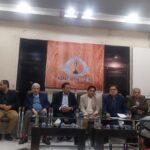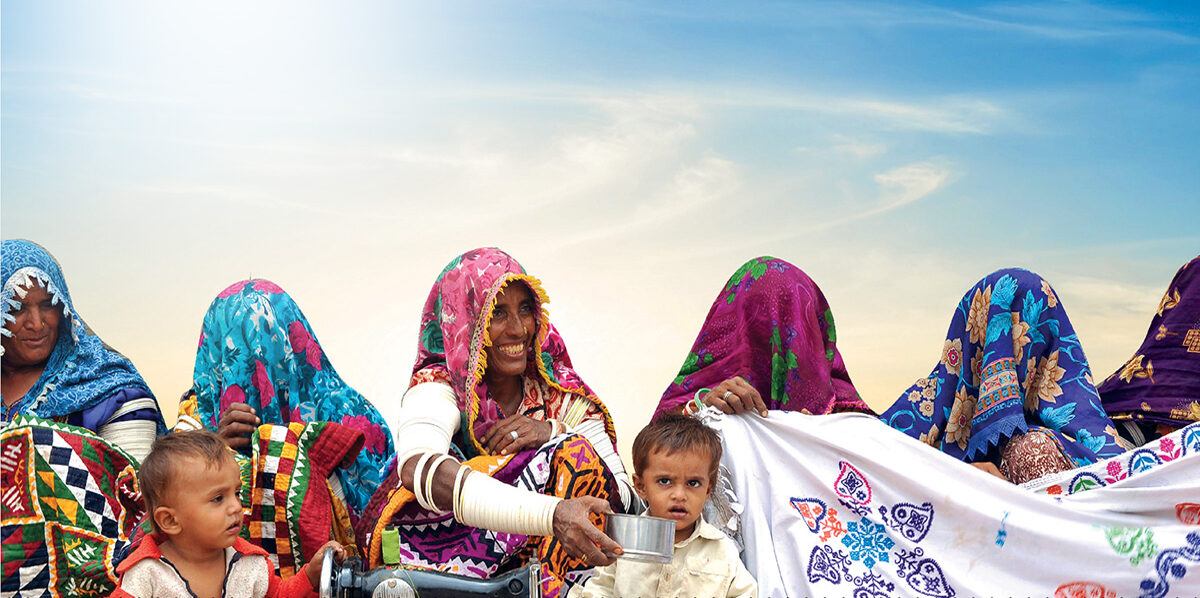ISLAMABAD, November 15, 2024: Federal Minister for Commerce Jam Kamal Khan has reiterated the government’s commitment to revitalizing Pakistan’s textiles and apparel industry, addressing its growing challenges and reaffirming its critical role in the nation’s economic stability.
During a detailed discussion with a delegation from the All Pakistan Textile Mills Association (APTMA), led by Chairman Kamran Arshad, the minister underscored the sector’s importance for value addition, job creation, and export diversification. The delegation, which included key industry leaders like Aamir Fayyaz Sheikh (Kohinoor Mills) and Anees Khawaja (Mahmood Group), highlighted pressing concerns threatening the sector’s competitiveness.
Industry in Crisis
The APTMA representatives expressed alarm over several looming issues, including potential disruptions in gas supplies for industrial captive power plants, exorbitant electricity costs, increased taxes, and liquidity constraints. They also criticized the withdrawal of the sales tax exemption for local procurement under the Export Facilitation Scheme (EFS).
While imports of raw materials remain tax-free, domestic purchases are now subject to an 18% sales tax, causing cash flow problems due to delayed refunds. The policy has inadvertently incentivized imports, endangering the domestic supply chain and stifling local production.
Kamran Arshad urged the government to reassess these policies, particularly the planned cessation of captive gas supply in January 2025, warning that such measures could cripple an already strained industry.
Ministerial Assurances
Responding to these concerns, Minister Jam Kamal Khan pledged unwavering government support. He acknowledged the sector as the backbone of Pakistan’s exports and an indispensable driver of economic growth.
“The textiles and apparel industry holds a pivotal position in our economy. The government is committed to ensuring its sustainability and fostering its growth,” the minister stated. He assured the delegation that he would personally engage with relevant authorities to address the industry’s challenges and work toward solutions.
Looking Ahead
The minister also urged industry stakeholders to explore new markets, diversify product offerings, and focus on high-value finished goods. He expressed confidence in the sector’s potential to recover through strategic collaboration and supportive policies.
The meeting concluded with a shared vision of revitalizing Pakistan’s textiles and apparel industry as a global leader in exports while strengthening its contribution to local employment and economic development.



























































































































































































































































































